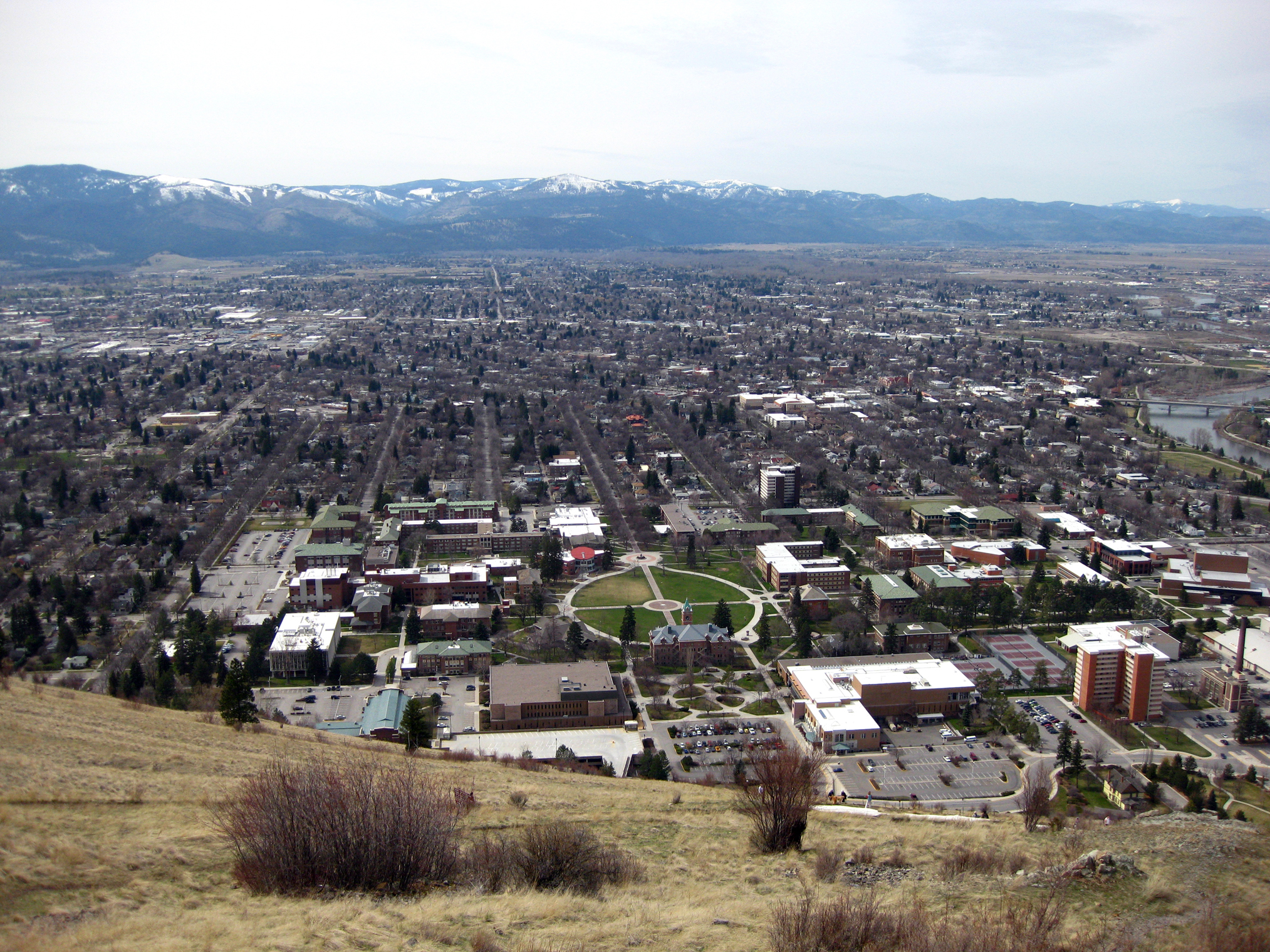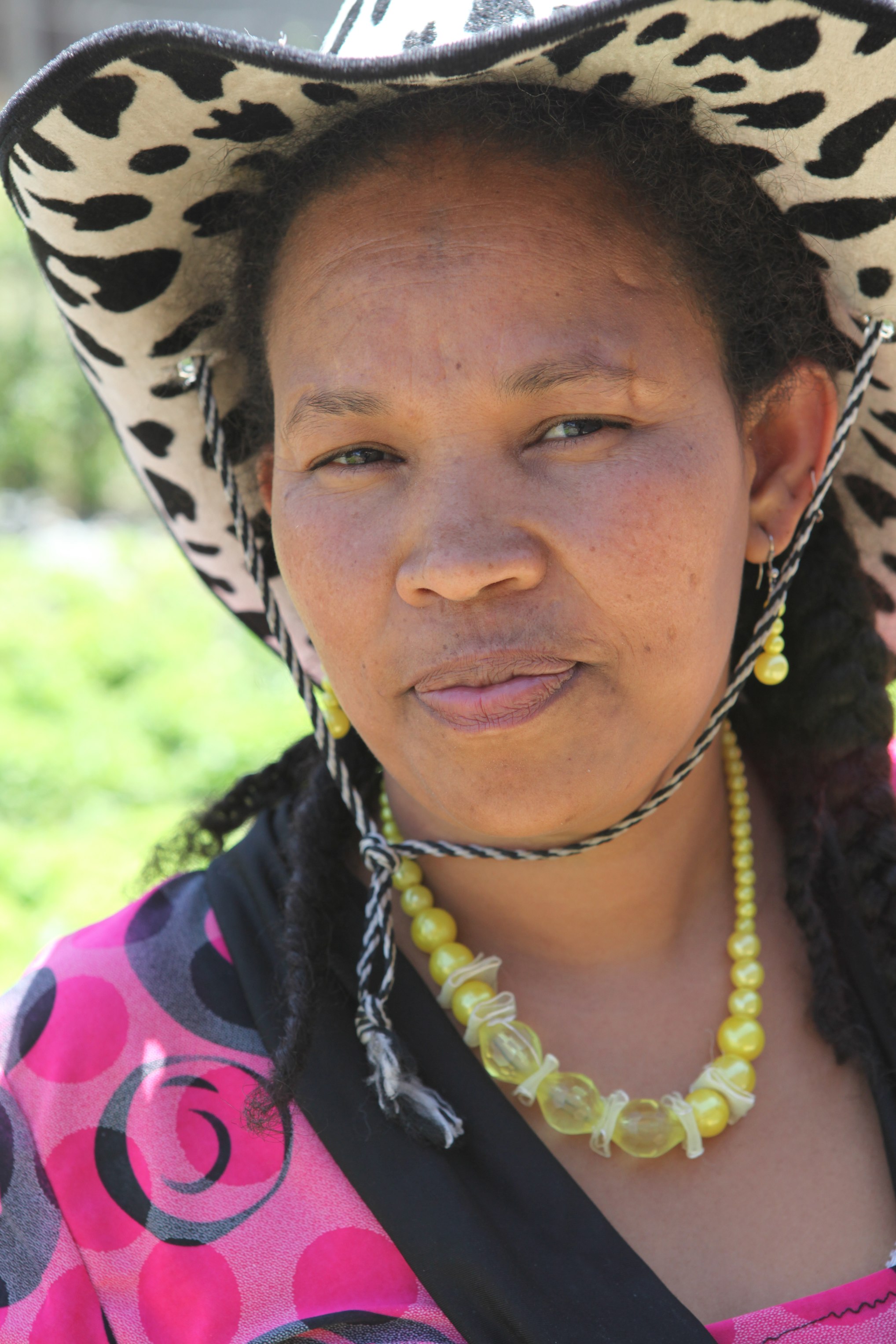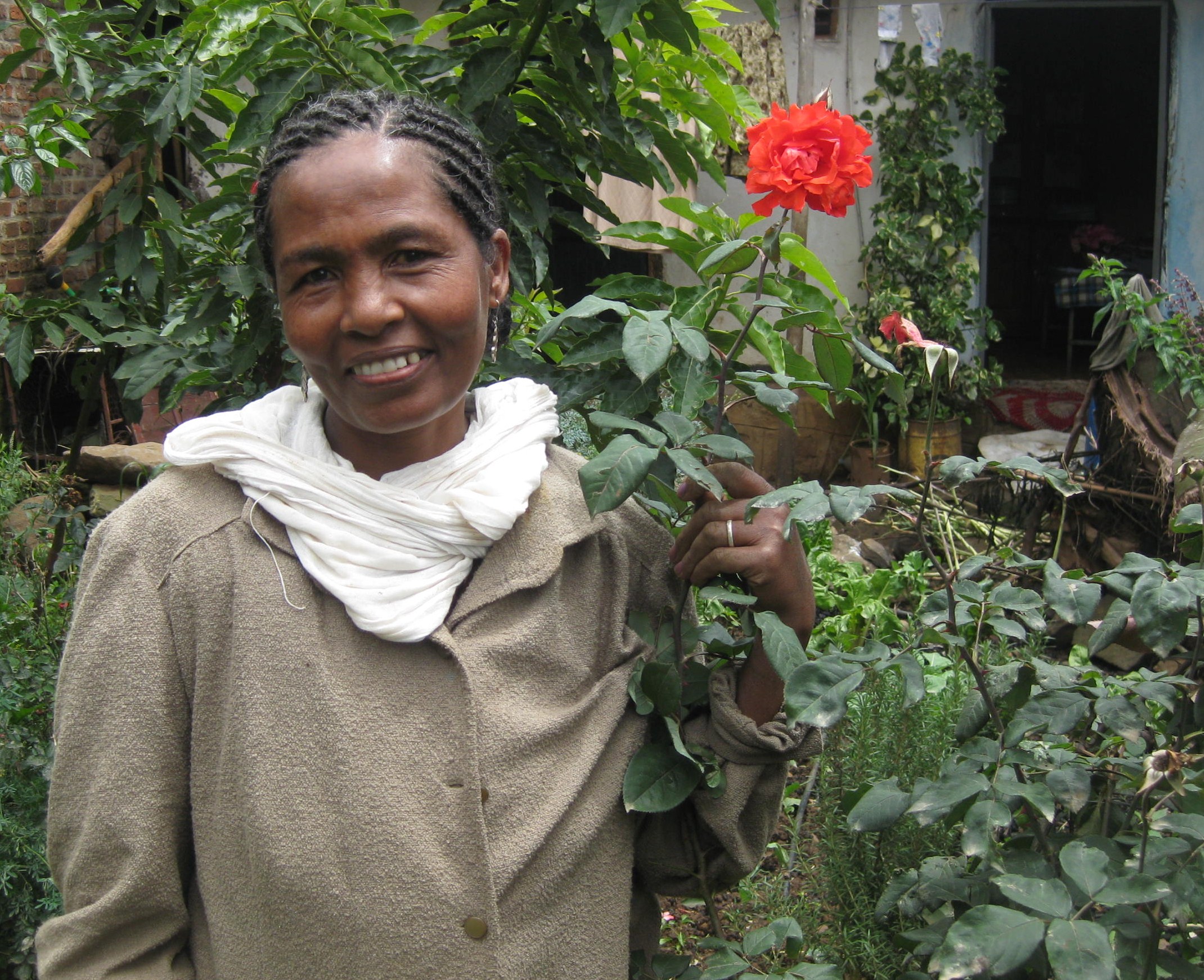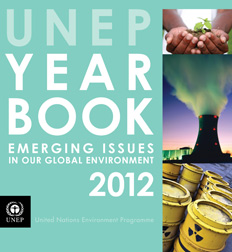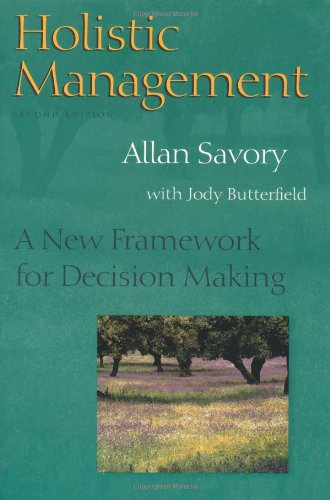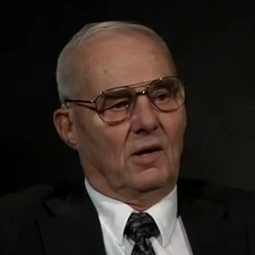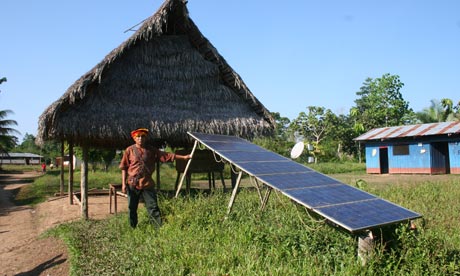Updating Land Use Policy Before It’s Too Late
A number of US cities have already instituted planning policy that protect both agriculture and open space. However, smaller cites without these land use policies are now feeling the consequences of sprawl and the need for action. Missoula – the City and the County – is a perfect example.

